Summer Lawn Care Tips to Beat the Massachusetts Heat
/Summertime in Massachusetts can be beautiful—sunny skies, backyard BBQs, and warm evenings on the porch. But while you’re enjoying all that, your lawn might be struggling under the intense heat. The hot, dry days of summer, combined with occasional drought conditions and increased foot traffic from outdoor activities, can put a lot of stress on your grass. Without the right care, you may start to see signs of trouble: brown patches, thinning areas, or even sections of turf that dry out and die completely.
The good news? With the right care and a few smart seasonal habits, you can keep your lawn healthy and green even through the hottest stretches of summer. From adjusting your mowing routine to watering more efficiently and choosing the best times to fertilize, these summer lawn care strategies are tailored to the unique challenges of Massachusetts’ climate. Whether you’re doing it yourself or getting a little help, here are some summer lawn care tips that work especially well in Massachusetts.
1. Water Early and Deep
One of the most important things you can do during the summer is water your lawn the right way. In the Massachusetts heat, shallow watering won’t do much—grass roots need moisture deeper in the soil to survive the heat.
Water early in the morning, ideally between 5 AM and 9 AM, before the sun gets too strong.
Aim for about 1 to 1.5 inches of water per week, including rainfall.
Water less frequently but deeply to encourage roots to grow deeper and stronger.
Using a soaker hose (for small to medium-sized lawns) or in-ground lawn sprinklers (for larger lawn areas) can help you to both water deeply and conserve water. Watering deeply encourages grass to develop longer, more resilient roots, while concentrating the water on or under the ground eliminates most of the evaporation that occurs when you water from a hose overhead. You can also set a timer to use with either method to cut back on the time spent on this maintenance task. Avoid watering in the evening, as damp grass overnight can invite mold and disease.
2. Mow Smart, Not Short
It might seem like mowing shorter means mowing less often, but that can actually hurt your lawn in the summer. Cutting grass too short in hot weather exposes the soil, dries it out faster, and weakens your lawn.
Raise your mower blade so you’re only cutting the top third of the grass.
Keep your grass at about 3 to 4 inches high to protect the roots and keep the soil cooler.
Always mow with sharp blades to avoid tearing the grass.
Letting your grass grow a little taller in the summer helps it stay green and strong, even during dry spells.
3. Don’t Overdo the Fertilizer
Fertilizer is great—when it’s used at the right time. But applying too much during the heat of summer can actually do more harm than good. It can burn your lawn or encourage too much growth when your grass is already under stress. In many cases, less is more: when using synthetic fertilizer, apply anywhere from ½ to ¾ of the amount the manufacturer recommends to avoid burning your lawn.
If you fertilized in the spring, wait until fall for the next round.
If you must fertilize in summer, use a slow-release or organic option in moderation. This is the best way to avoid burning your lawn.
When in doubt, it’s better to skip it than to stress your lawn even more.
4. Spot-Treat Weeds and Pests
Weeds like crabgrass love the summer heat. So do lawn pests like grubs and chinch bugs. Keeping an eye out for them—and dealing with them early—can help prevent major damage.
Pull weeds by hand or use a spot-treatment product rather than spraying the whole lawn.
Some weeds can be dispatched by pouring boiling hot water over them.
Look for brown patches or thinning areas that might point to pests.
If pests are a regular issue, consider a lawn service that can help manage them safely.
Staying ahead of the problem is easier (and cheaper) than fixing it later.
5. Leave Grass Clippings
Instead of bagging up your clippings every time you mow, leave them on the lawn. These clippings break down quickly and return nutrients and moisture to the soil.
This natural mulch helps your lawn retain water and reduces the need for extra fertilizing. Just make sure the clippings aren’t too thick or wet—they should be short enough to settle in and not smother the grass.
6. Aerate If Needed
If your lawn gets heavy use—especially from kids, pets, or regular foot traffic—it might become compacted. Compacted soil makes it hard for water, air, and nutrients to reach the roots.
Aerating your lawn (poking holes in the soil to loosen it) can help it breathe and absorb water better. Summer isn’t the best time to do a full aeration, but spot-aerating high-traffic areas can make a difference.
For a full aeration, it’s best to wait until early fall when the temperatures cool down a bit.
7. Know When to Get Help
Taking care of your lawn in the summer takes time, and not everyone has the hours—or the interest—to do it all. That’s perfectly okay. If you’re not sure where to start or your lawn’s struggling despite your efforts, it might be time to bring in some backup.
There are experienced professionals who know how to handle the specific challenges of our local climate. A good lawn care service in Massachusetts can offer guidance, treatments, and seasonal care tailored to your yard’s exact needs. Sometimes just one or two visits from a pro can make a big difference.
Final Thoughts
Your lawn doesn’t have to suffer just because it’s hot outside. By following a few simple summer lawn care tips—watering wisely, mowing high, avoiding over-fertilizing, and keeping an eye out for pests—you can keep your grass healthy and looking great all summer long.
Massachusetts weather may be unpredictable, but a little planning and care go a long way. And remember, if things get overwhelming or confusing, reaching out for a little expert help is always a smart move.
Your lawn will thank you for it.
About the Author:
Manpreet Nagpal is a content marketer and blogger who enjoys writing about lawn and landscaping ideas almost as much as he enjoys tending his own lawn.
You may also be interested in…











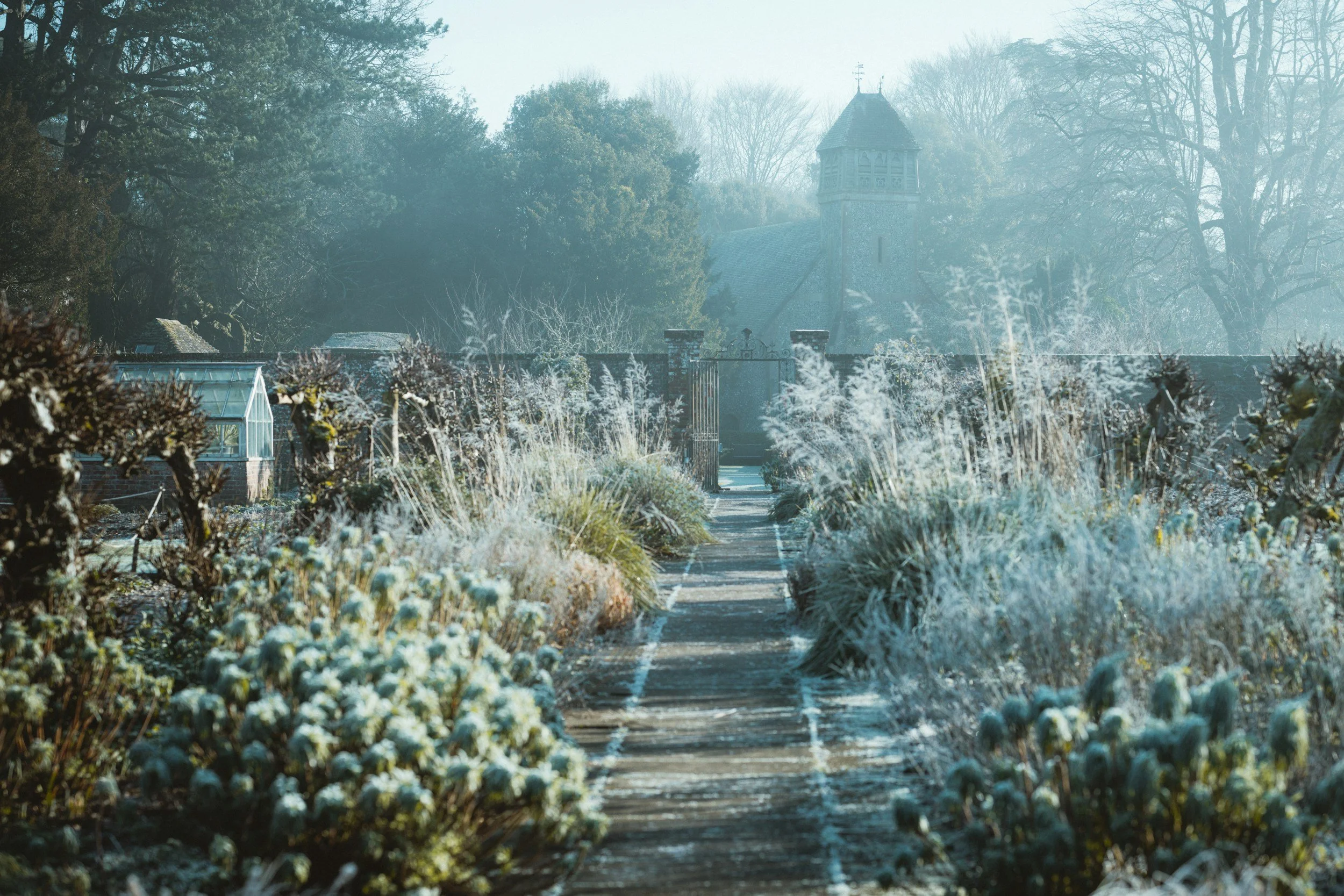


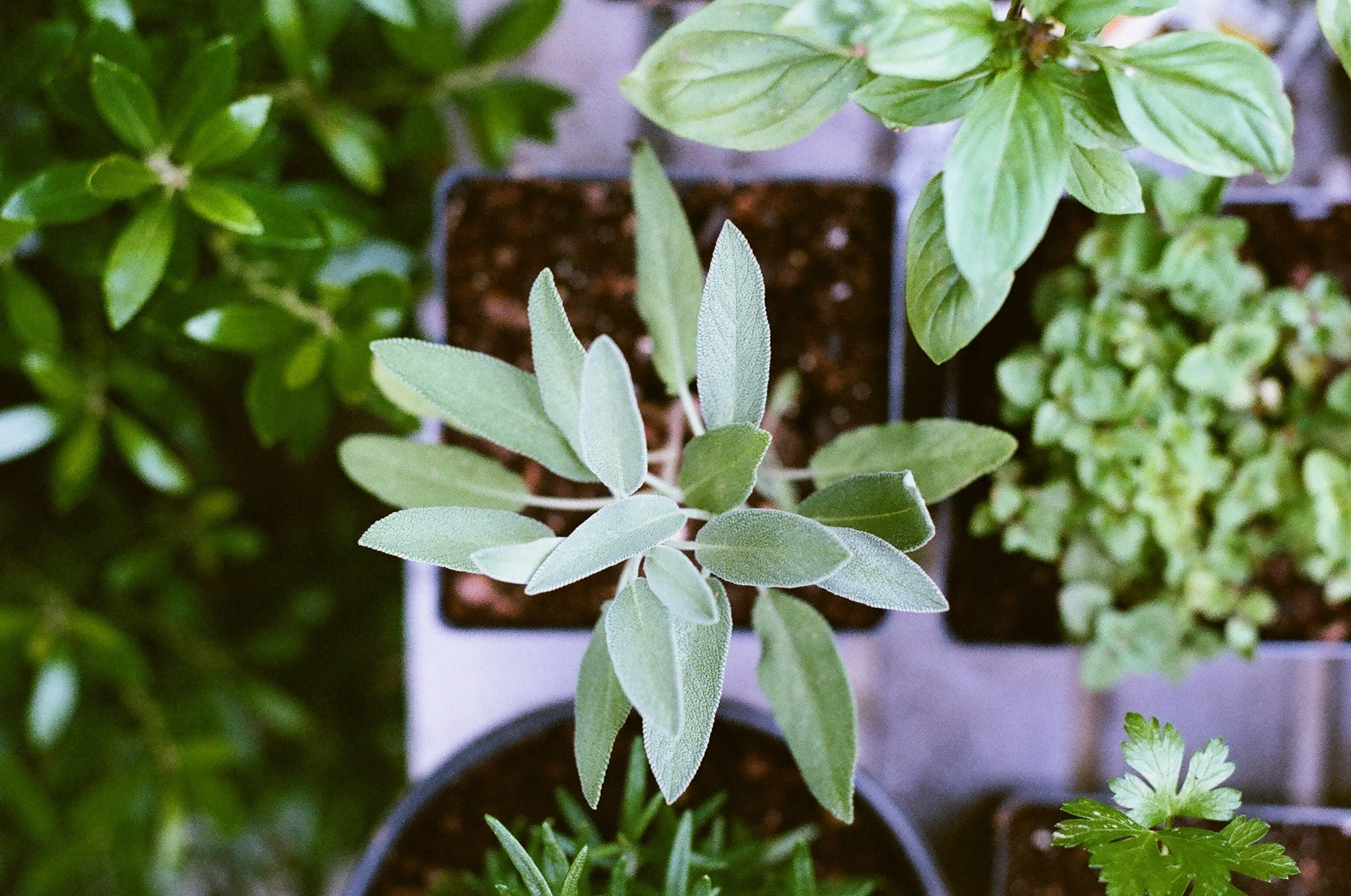



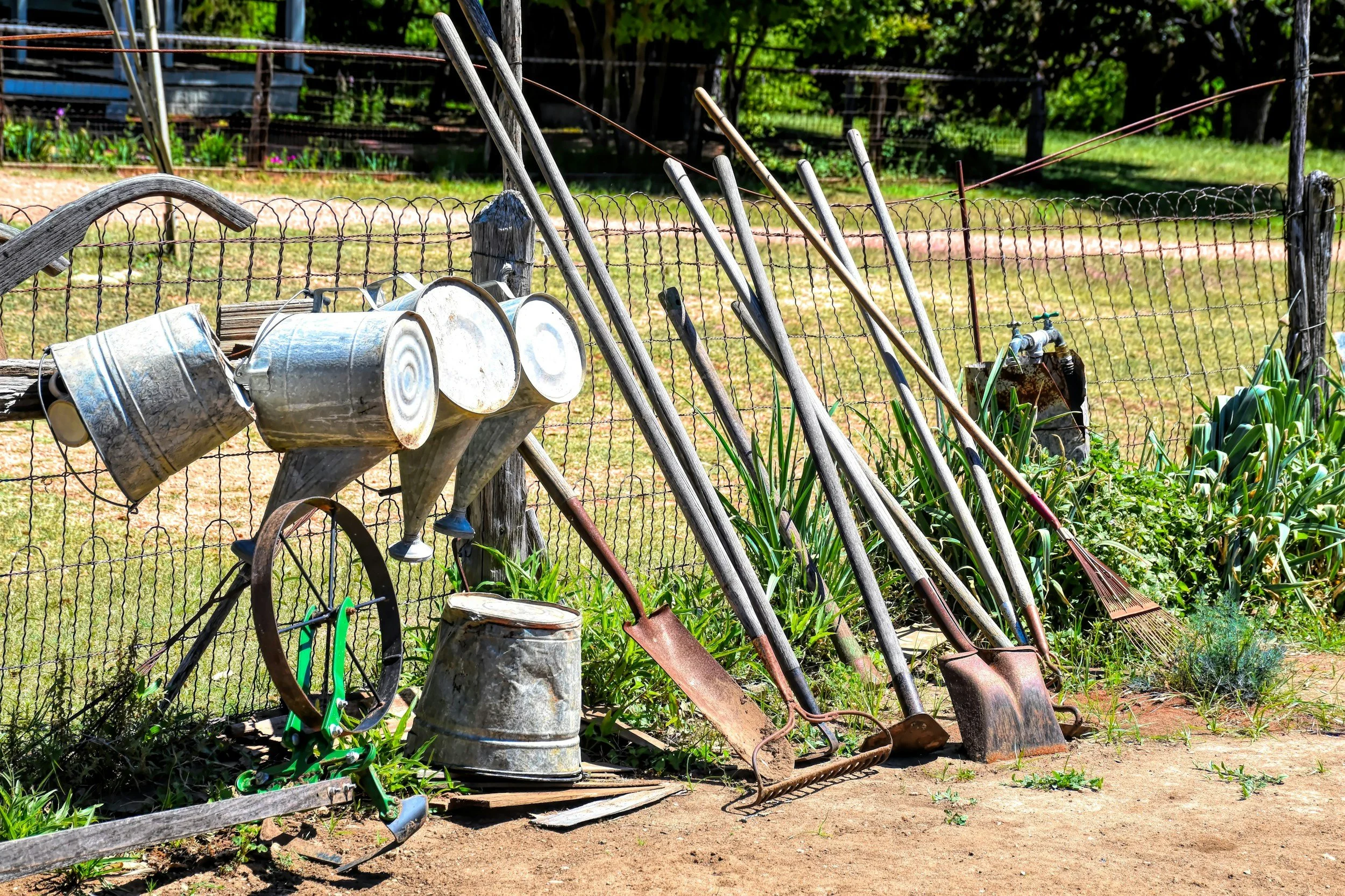
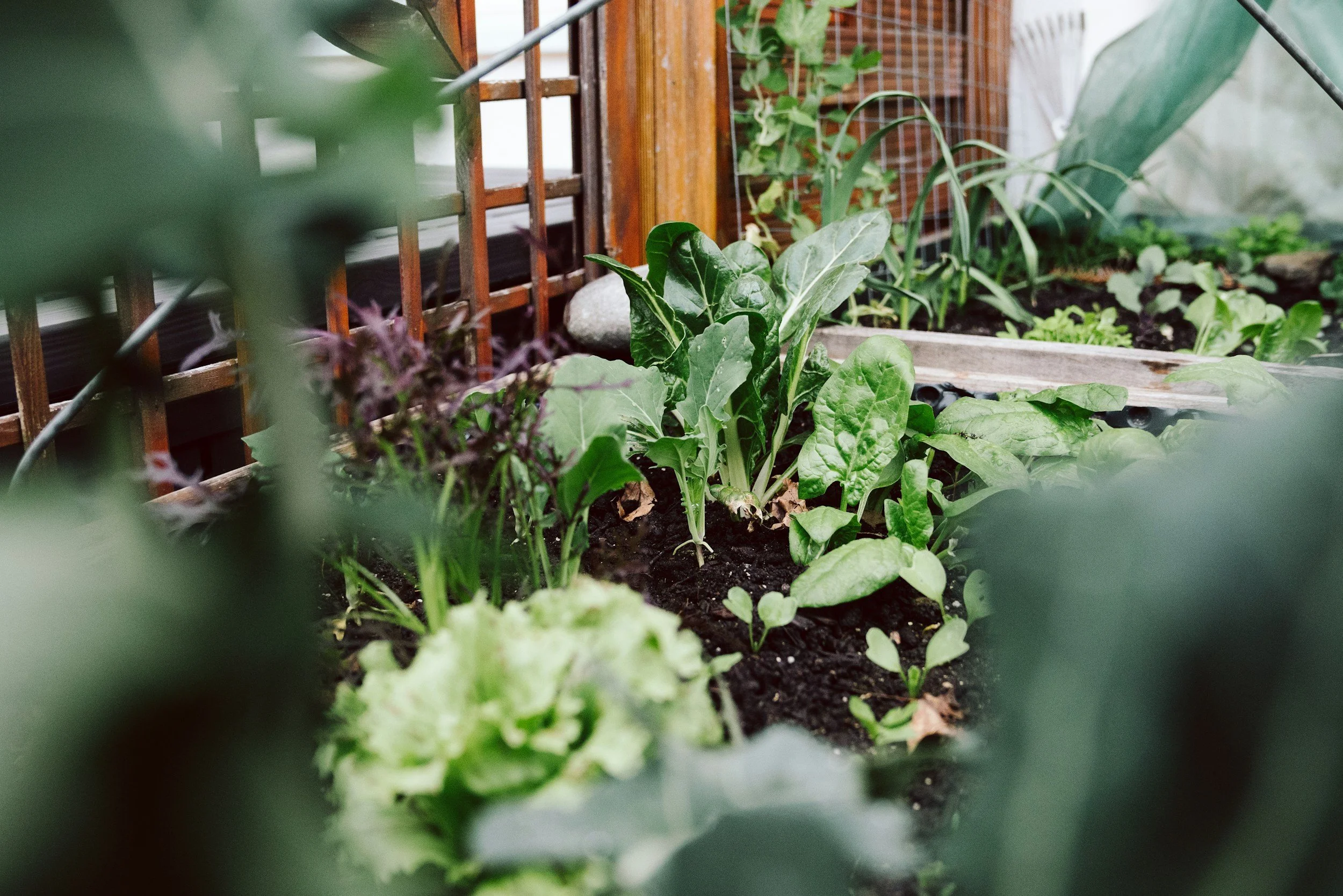


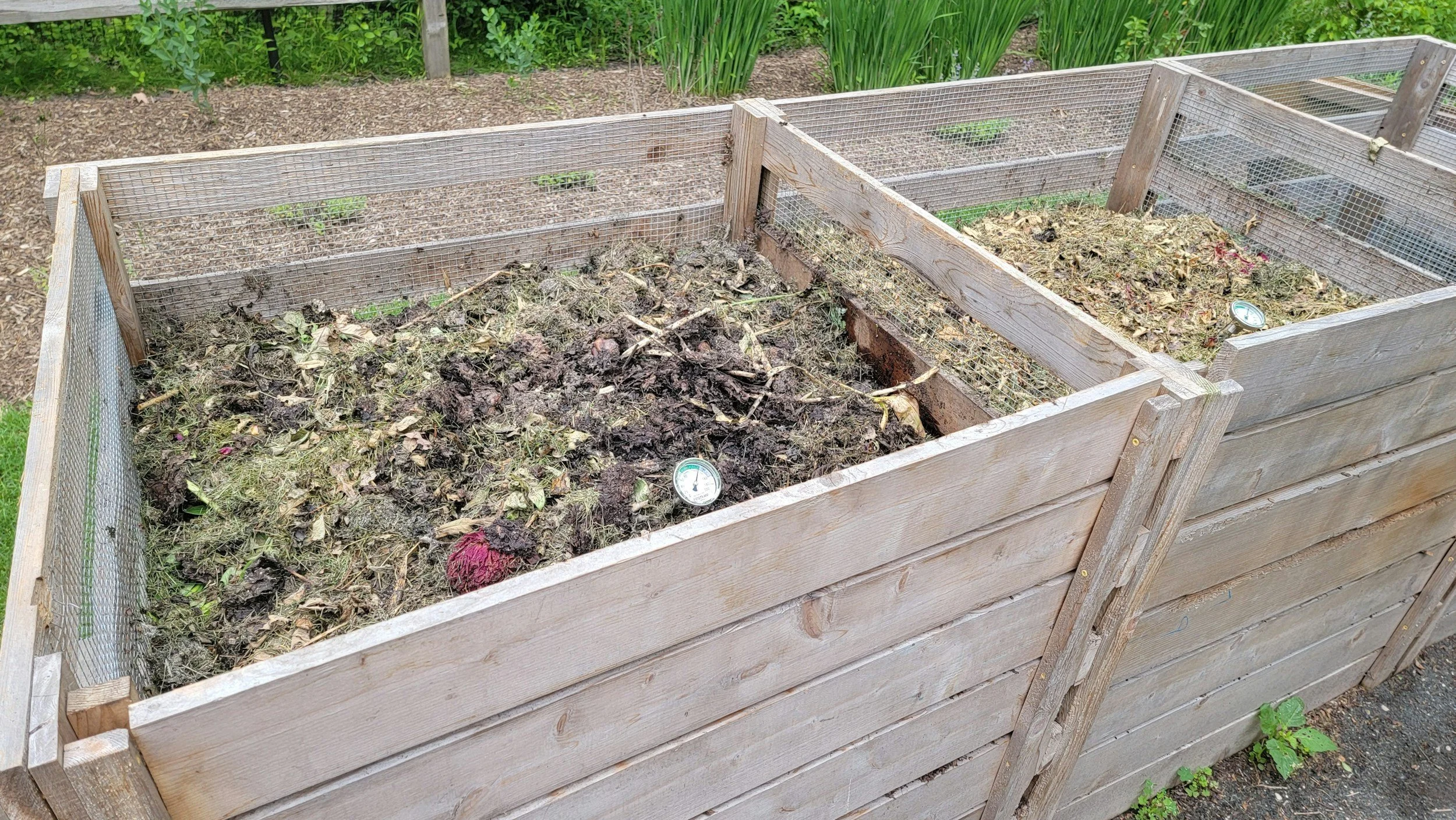




















Gazing at bare patches in your lawn? You’re not alone. Those thin, ugly spots are such a pain. They can feel especially frustrating when the rest of your yard looks healthy. Whether they were caused by pets, heavy foot traffic, pests, drought stress, or poor soil conditions, bare spots have a way of showing up at the worst possible time.